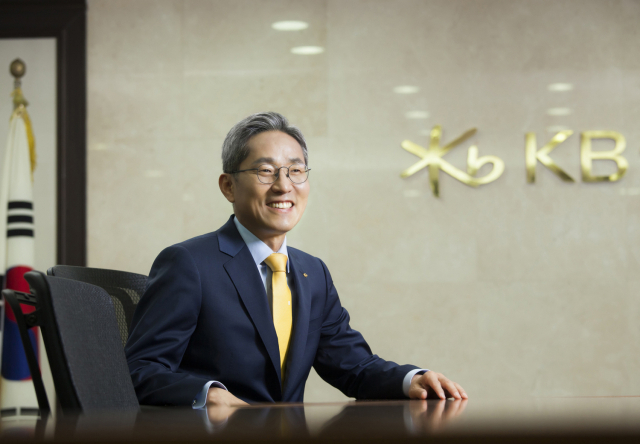 viewer
viewer
 viewer
viewer
 viewer
viewer
Last year, KB Financial Group Chairman Yoon Jong-gyu and Hana Financial Group Chairman Kim Jeong-tae received a salary of 2.6 billion won.
According to the’Governance and Compensation System Annual Report’ announced by KB, Shinhan, and Hana Financial Group on the 8th, the total remuneration paid to Chairman Yoon (CEO of KB Financial Group) in 2020, including 1.86 billion won in bonuses, 26 It was 60 million won. This is an increase of 1.07 billion won from 2019 (total of 1.59 billion won, incentive pay 790 million won).
KB Financial Group said, “Rather than reflecting the results of the year 2020, the long-term incentives for the first tenure (November 2014-November 2017) and the second tenure (November 2017-November 2020) It is because there was an overlap last year, and short-term incentives were also paid for each year in 2019 and 2020.” Chairman Yoon succeeded in serving three consecutive terms in November last year. The term of office is until November 2023.
The total remuneration of Hana Financial Group Chairman Kim (CEO of Hana Financial Group) last year was 2.63 billion won (including 1.7 billion won in performance pay), an increase of 140 million won from 2019. Yong-byeong Cho, chairman of Shinhan Financial Group (CEO of Shinhan Financial Group), received a remuneration of 1.3 billion won, including an incentive pay of 500 million won in 2020 alone. The total amount and the size of incentives were the same as in the previous year.
Meanwhile, the net profit of domestic banks last year decreased by 11.5% from the previous year. This is the impact that individual banks have greatly increased their bad debt costs due to the spread of the novel coronavirus infection (Corona 19).
Last year, the net income of domestic banks was 12.300 trillion won. This is a decrease of 1.6 trillion won (11.5%) from the previous year. This is the effect of expanding the provision for bad debt due to the corona 19 effect. Last year, the loan loss cost of domestic banks was KRW 7 trillion, an increase of KRW 3 trillion (88.7%) from the previous year. By category, the interest income of domestic banks last year was 41.2 trillion won, an increase of 500 billion won (1.2%) from the previous year. This is due to the increase in assets under management, such as loans, despite a decline in the NIM.
During the same period, non-interest income also increased by KRW 800 billion (11.7%) from the previous year to KRW 7.300 trillion. Securities-related profits increased as interest rates fell, and foreign exchange and derivatives-related profits increased due to increased volatility in exchange rates. On the other hand, trust-related profits decreased by KRW 300 billion due to a contraction in business after the overseas interest rate-linked derivatives combined product (DLF) crisis.
/ Reporter Lee Tae-gyu [email protected]
< 저작권자 ⓒ 서울경제, 무단 전재 및 재배포 금지 >
